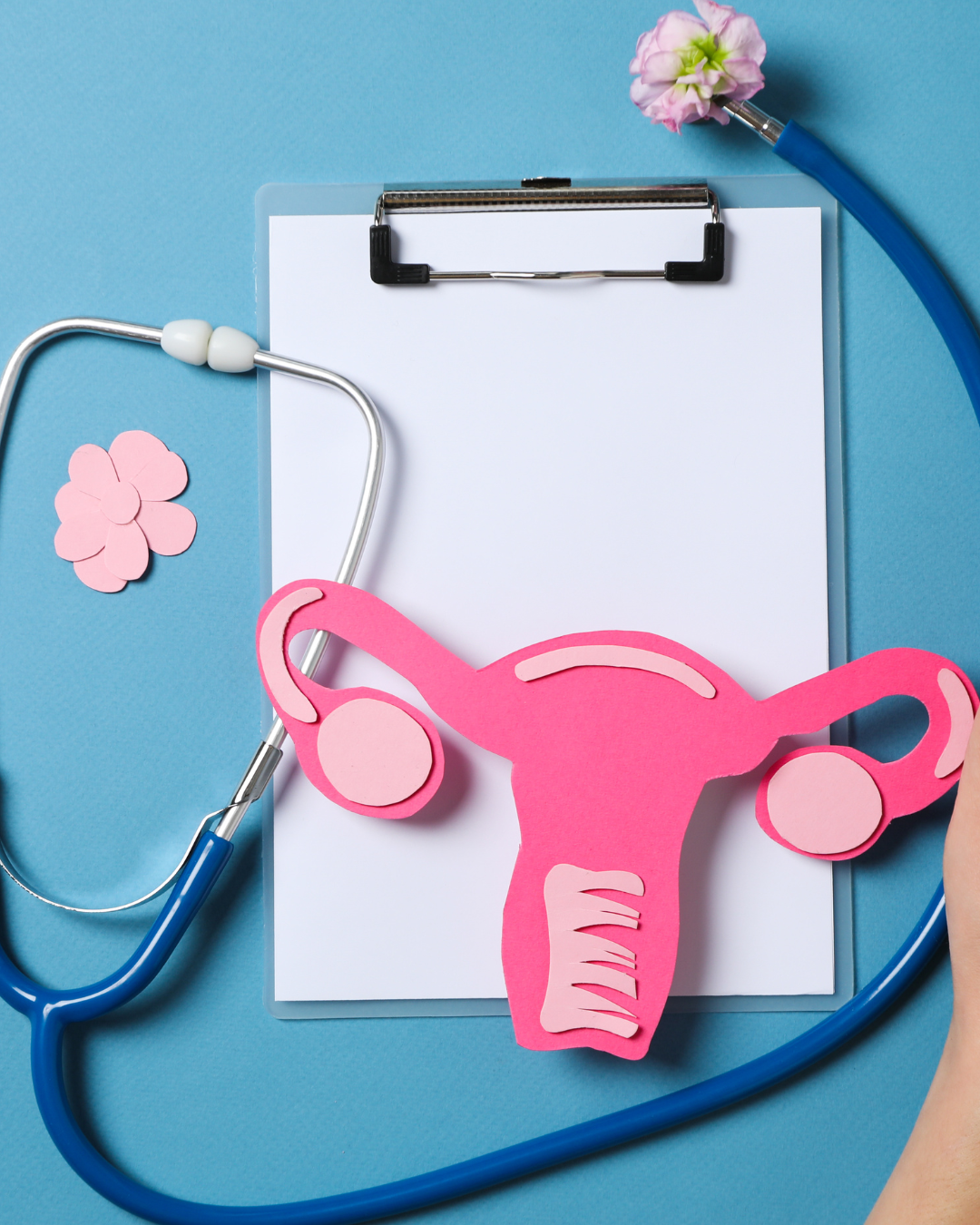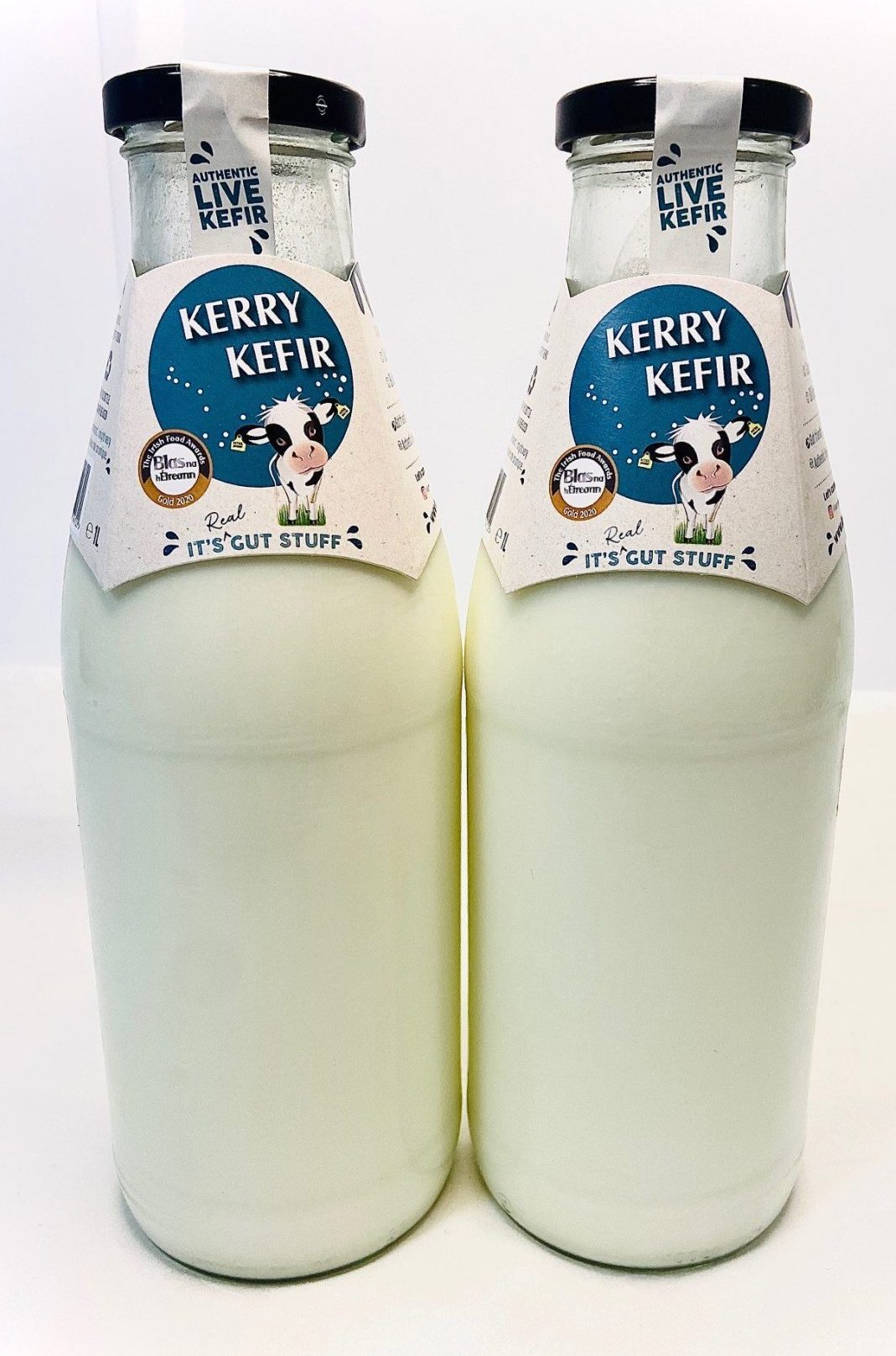Your gut and your hormones are more connected than you might think. From painful periods to fertility struggles and navigating perimenopause, your gut health may play a key role in how you feel throughout your reproductive life.
Let’s explore how the gut microbiome influences hormonal health, and what you can do to support both.
Gut Health and Hormones: What’s the Link?
Your gut is home to trillions of bacteria, fungi, and other microorganisms. Collectively, these are known as your gut microbiome. When in balance, this community helps regulate digestion, immunity, and even hormone levels.
One important function is the estrobolome, a collection of gut bacteria that helps metabolise oestrogen. If your gut microbiome is unbalanced (known as dysbiosis), your body may struggle to clear excess oestrogen, potentially leading to symptoms such as:
- Heavy or irregular periods
- Bloating and PMS
- Breast tenderness
- Mood swings

The gut also plays a role in producing neurotransmitters like serotonin and GABA, which influence mood, sleep, and how we experience pain, all of which can fluctuate across the menstrual cycle.
Experts agree: looking after your gut can be a powerful step in managing hormonal changes. Michelle Walsh, Women’s Menstrual Cycle Nutritionist and Hormone Coach based in Tralee at New Body and Soul, explains:
“When it comes to happy periods and optimised fertility, gut health isn’t just a side note, it’s centre stage. It’s where we break down and absorb the nutrients that fuel our hormones, support egg quality, and even help the liver detoxify excess oestrogen. All of which supports overall happier cycles. I advise all my clients to focus on inclusion, not restriction, and honestly, the biggest gift we can give our body and gut is diversity. Think colourful plants, fibre-rich foods, and fermented foods such as Kerry Kefir. Your body and cycles will be happy!”
This expert insight reinforces what growing research is beginning to show, that gut health may play a vital role in everything from menstrual regularity and fertility, to the perimenopausal transition.
For more expert advice on hormone health and menstrual cycle nutrition, you can find Michelle Walsh at New Body and Soul or follow her on Instagram.
Gut Health and Fertility
A balanced gut helps your body absorb nutrients essential for reproductive health, including zinc, iron, vitamin D, folate, and B vitamins. These are vital for healthy ovulation, egg quality, and hormone regulation.
When gut health is compromised, it can trigger chronic inflammation, which is linked to conditions like PCOS and endometriosis, two common causes of fertility issues. But it’s not just women who are affected.
Emerging research suggests gut health can impact male fertility too. Imbalances in the gut microbiome may influence sperm quality, testosterone levels, and systemic inflammation. In men, reduced microbial diversity has been linked to lower sperm motility and overall fertility potential.
Gut Health and Perimenopause
Perimenopause, the transitional stage before menopause, comes with fluctuating hormone levels, especially oestrogen. These changes don’t just affect your mood and energy; they may also shift the composition of your gut microbiota.
While research is still developing, studies suggest that hormonal changes during this time may lead to a reduction in microbial diversity and an imbalance of beneficial and harmful bacteria. Research shows that:
- The gut microbiota differs between pre- and post-menopausal women
- The microbiomes of post-menopausal women appear to resemble those of men more closely
This may explain why so many women experience digestive changes, weight fluctuations, increased inflammation, and even shifts in immunity during this life stage.
How to Support Your Gut (and Hormones)
The good news? Your gut responds well to consistent, small changes over time. Here’s how to start:
- Eat more fibre – Aim for at least 25g of fibre per day. This feeds your beneficial gut bacteria and supports oestrogen clearance.
- Diversify your diet – Include plenty of colourful fruit, vegetables, whole grains, legumes, nuts and seeds.
- Drink enough water – Hydration supports digestion and the gut lining.
- Limit ultra-processed foods – These can harm beneficial microbes and drive inflammation.
- Manage stress – Chronic stress disrupts the gut-brain axis. Deep breathing, gentle movement and rest all help.
- Get quality sleep – Sleep is essential for hormonal repair and microbial balance.
- Include fermented foods – Traditional ferments like kefir contain live cultures that may help bring your gut back into balance.

Where Kerry Kefir Fits In
Made using just two ingredients, fresh milk from Lee Strand’s Kerry farms and traditional live kefir grains. Kerry Kefir is a naturally fermented drink that continues to develop in the bottle. This living product contains a range of beneficial bacteria and yeasts that may help bring balance to your microbiome.
If you’re navigating hormonal changes, trying to conceive, or just want to support better energy, mood and digestion throughout your cycle, Kerry Kefir may be a simple and natural way to support your gut, and in turn, your overall wellbeing.
Looking for more ways to support your hormones through food?
Browse our Kefir Kitchen recipes for simple ways to add Kerry Kefir to your daily routine.
